
Thousands of people every week are jumping on the keto diet bandwagon, but the basics of how to start the keto diet can be both overwhelming and simple at the same time. Simple to think of what we don’t eat on keto: bread, cereal, sugar, or even fruit. Overwhelming to figure out what we will eat in their place! Plus, what is this about electrolytes, net carbs, and what’s up with the sweeteners? Can I really eat all the low carb cake I want and be healthy?
Here we are discussing the ins and outs of the ketogenic diet. Once you try it, you will see that keto is like dieting… and life… on easy mode!
No, not everyone needs to be on keto, but if *life* or weight loss hasn’t been working for you, I encourage you to give it a try and see if you see the rapid results that hundreds of thousands of people also see.
Skip ahead:
- Why is the keto diet so great for weight loss?
- What does ‘keto’ mean?
- What can you eat on the keto diet?
- How fast will I lose weight on the keto diet?
- Can I do the keto diet part time or cheat?
- Why don’t I feel good on the keto diet? (Electrolytes)
- (take me back to the top of the page)
Why go on the keto diet?
Most people go on the ketogenic diet because they want to lose weight. Keto is also helpful for other things like memory, mental health, and has even been shown to help the body beat cancer!
As we talked about recently with my sister-in-law Lori, who lost 95 pounds in a year on keto, the biological mechanisms involved with running on fat, not carbohydrates, create a positive cycle that make the ketogenic diet easier to stay on than most other calorie-restricted diets.
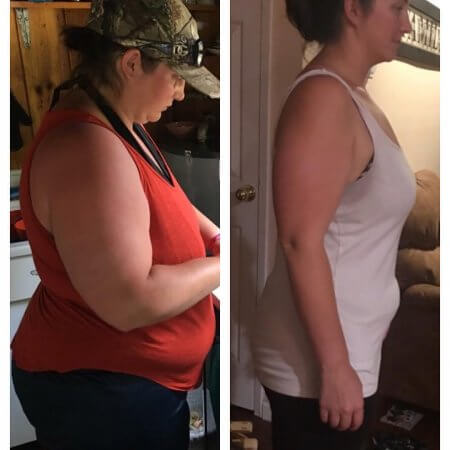
This is my sister-in-law’s weight loss transformation after 1 year on the ketogenic diet, after trying and failing many other diets in the past.
Keto helps with weight loss because it:
- Cuts carb cravings, creating a loop where you stop craving the foods you can’t have and suddenly are satisfied with vegetables and protein. (source)
- Suppresses appetite. Hungry all the time? On keto you won’t be! By day 3, studies have shown that the ketogenic diet supresses the hunger hormone ghrelin in most people. (source)
- Increases energy, allowing those who typically don’t like to exercise to be excited about it. An insulin response is associated with fatigue, and when we keep our carbohydrate load down below 30-40 g/day, we just don’t have that much of an insulin response.
- Gives you a quick-win with a 5-15 pound weight loss the first week. (source) Yes, this is water weight, but seeing the number drop so drastically, with bloating go down, provides a boost of self confidence.
- Reduces anxiety, depression, and gives a general sense of well being within the first week (source), which can help those tremendously who typically stress eat.
- Tames hunger because the body’s process of running on fat, not carbs, acts as a natural appetite suppressant. (source)
- Reduces insulin response and blood sugar crashes. (source) It’s common for those who previously self-described themselves as the type of people who ‘never skipped a meal’ to now realize they completely forgot to eat lunch, or they can skip breakfast and still go work out – no problem.
Start Keto with this Free Webinar:
Other reasons people go on the ketogenic diet:
- Anxiety, depression, PTSD, and other mental health issues have been shown improvement with a very low carbohydrate diet. (source)
- To reduce brain fog and improve cognition. In a study from 2014, improved memory, cognition, and other ‘thinking’ aspects are correlated with a ketogenic diet. (source)
- Epilepsy and seizures – historically this has been the most medically-common use of the ketogenic diet (source) For children on keto – please see this article to discuss children and keto further.
- Cancer, especially alongside conventional cancer treatments. Numerous studies show anti-tumor properties associated with the ketogenic diet. (source)
- To balance HDL and LDL. A study from 2004 showed improved cholesterol markers in obese patients after 24 weeks on the ketogenic diet. (source)
- Athletic performance, especially for endurance athletes. A 2014 study on endurance cyclists showed increase athletic performance, especially when they had been on the ketogenic diet long term, when riding for 2-5 hours. The study also showed lower muscle damage following exercise compared to those following a carb-heavy diet. (source)

People follow the keto diet for different reasons. I (left) do it for the energy and mood benefits. Lori (right) is on keto primarily for weight loss.
What is keto?
Keto that we are talking about here is when the body is running on fat that the liver turns into ketones, not carbohydrates and glucose. When you eat a high-carbohydrate diet (more than 50g a day, with the average american diet being about 225 g/day) your brain and muscles will run on glucose.
When you limit the amount of carbohydrates available to your body, your body switches over from being glucose-based to being fat-based.
This is called the state of ‘ketosis’ and is where we get Keto from. When the body is in ketosis, it is drawing from fat; either dietary fat or fat stored in your body, as its source of energy.
Your brain on keto
You may have heard that ‘the brain needs glucose’ to run. That is not true. If you supply the brain with glucose (sugar or carbs) it will use that as its primary fuel. But in the absence of carbohydrates, your liver creates ketones and your brain happily thrives on ketones as its energy source.
The keto diet is where you intentionally limit carbohydrates enough that your body has switched over to ketosis. This is also called ‘fat burning mode’.
The fat that your body burns for energy can be either stored fat or fat that you get from food, but usually is a combination of both.
What can you eat on keto?
The most important part of keto is to keep your carbohydrates low. For most people, the upper limit of grams of carbohydrates that can be consumed is 30 g/day.
A good rule for starting out is to try not to go over 20 g of net carbohydrates a day.
Net carbohydrates: Fiber is considered a carbohydrate, but it isn’t digestible. So we can take total carbohydrate in a food and subtract out fiber, and we are left with net carbohydrates.
Vegetables and nuts often are high in fiber, so they may look like they are high in carbohydrate, but nearly half of the carbohydrates are fiber, so they’re not digested by the body.
Skip ahead:
- Why is keto so great for weight loss?
- What does ‘keto’ mean?
- What can you eat on keto?
- How fast will I lose weight on keto?
- Can I do keto part time or cheat?
- Why don’t I feel good on keto? (Electrolytes)
- (take me back to the top of the page)
Foods to avoid on the keto diet
Some foods like bread, rice, cereal, sugar, and fruit is very high in carbohydrates and cannot be a part of the ketogenic diet except for in very small amounts (like 1 square of dark chocolate, a few blueberries as a treat) because they will push you out of fat-burning mode and into sugar-burning mode.
Most very low carb foods contain some carbohydrates, so it is important to pay attention to the carb counts in everything you eat at first. As far as vegetables go, leafy green vegetables are lower in digestible (net) carbs than vegetables like peas, carrots, or even squash.
For most people, it won’t be enough to just choose ‘lower carb’ foods, counting carbs is essential for making sure you enter and stay in ketosis, at least for the first few weeks.
I have provided a meal plan complete with recipes and nutrition facts for you, by popular request. Each day is under 20g net carbs a day, to help you make sure you’re in ketosis while giving you simple and delicious satisfying recipes. You can learn more here.
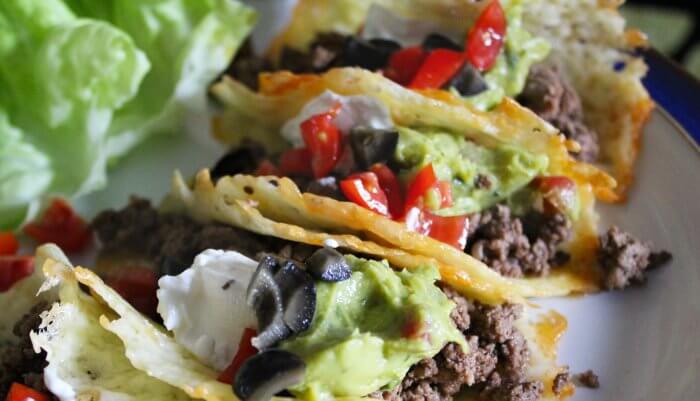
Keto tacos are made with ground beef, and in a shell made out of melted cheese. Salsa provides a few carbs, and high-fat sour cream is chosen because it is lower in carbohydrates.
Foods you can enjoy on the keto diet:
On keto you can eat fat, protein, and to a certain extent vegetables, nuts, and low-carb sweeteners.
- Fats like butter, olive oil, coconut oil, and bacon grease add flavor and help you feel full on keto meals.
- Meat, cheese, and eggs provide protein and vitamins and minerals, and essential fatty acids on a ketogenic diet. These all are nearly no-carbohydrate foods, and will make up most of your meals. Steak, burgers, deviled eggs, baked chicken (with the skin!), meatballs, and more.
- Vegetables should be included as desired, in general green vegetables are lower in carbohydrate than other veggies. Carb counts should be tracked with your vegetables.
- Nuts can be included, but should be carefully measured and limited especially if you are doing keto for weight loss. Nuts are delicious, and can be used to make low-carbohydrate baked goods, but also are packed with calories and contain some carbohydrates.
- No-carb sweeteners such as monk fruit, stevia, erythritol, and xylitol are controversial, but can have a place in a ketogenic diet. Read more about them here.
- Most seasonings, herbs, and spices add flavor and are very low carbohydrate. Mustard, salt and pepper, mayo, and dill relish are your condiments of choice now :)
How much weight will you lose on keto?
Losing weight on keto is individual to each individual. Because ketosis causes natural appetite suppression and increased energy, it is dieting on easy mode. In addition, you get a ‘quick win’ of immediate water weight loss that can boost your confidence. But still, your individual weight loss will depend on your calorie intake and expenditure – there is no way around that.
My Favorite Keto Recipes
Dairy-Free Keto Baked ‘Fried’ Chicken Nuggets
Keto Fathead Pizza (and pigs in a blanket)
Keto Hazelnut Sandwich Bread (GAPS, Dairy-Free)
Irresistible Keto Nutella Muffins (dairy-free, GAPS)
Homemade Gluten-Free Mozzarella Sticks made with almond flour (Keto, GAPS and SCD legal)
Simple & Fast Salmon Patties (GAPS, SCD, Keto, Gluten Free)
Delicious Zucchini Lasagna (Keto, GAPS, Gluten-Free Freezer Meal)
Gluten-Free Broccoli Cheese Soup
Rich and Delicious Buckeye Fat Bombs (Keto, GAPS, Low Carb High Fat)
Indulgent Blueberry Cheesecake Fat Bombs (LCHF, Keto)
Savory Keto Jalapeno, Cheese & Bacon Bite Fat Bombs (Low carb, GAPS)
Bacon-Ranch Burger Bowls (Paleo, GAPS, Whole30)
Some Real Talk:
The only people who lose weight on keto without trying are people who maintain a calorie deficit without trying. Just because a recipe or food is keto doesn’t mean you can eat unlimited amounts and still lose weight. The restricted and appetite-suppressing nature of the ketogenic diet ensures that most people won’t overeat, but if you sit down every night with keto baked goods, ice cream, or an entire block of cheese or bag of almonds, you’re not going to lose weight.
Think of keto as a tool to make it much easier to maintain a calorie deficit. Even keto, as awesome as it is, isn’t a ‘eat as much as you want and still lose weight’ magic bullet.

Initial weight loss on keto
Initially, your body will dump water and look and feel lighter within the first week for three reasons:
- When not in ketosis, your liver and muscles are full of glycogen, about 1-2 pounds worth depending on your body size. For every 1 part of glycogen, your body holds on to 3 parts of water (source). When we enter ketosis, our body will use up that glycogen and shed the associated 3 parts of water.
- When you cut out major food groups, primarily sugar, grains, and gluten, your inflammation (mild swelling throughout the body) will go down. Most people are sensitive to these foods, and when we eliminate them we stop chronic inflammation. You can read more about inflammation and the body here.
- When you eat a carbohydrate-rich diet, lots of water is required in your digestive tract to break down the carbohydrates. Because keto is so nutrient-dense, there just will be less bulk, including water, in your digestive tract. Less bulk in your digestive tract will mean an immediate reduction in the size of your midsection.
Long term weight loss
Those with more to lose will see more results faster, as far as fat loss goes, on the ketogenic diet. Weight loss will be drastic at first, and will slow as you approach your goal weight.
For example, a 300-pound 5’5″ 40-year-old female will have a much larger energy requirement (2438 calories) to maintain that weight. If she eats 1400 calories, she will lose an average of 2 pounds a week. If she exercises, even walking for 20 minutes after dinner, because her body has to expend more energy to move than a person who is 125 lbs, she will lose even more.
Learn more: You can calculate your basic energy (calorie) usage using this TDEE calculator
For a person who is trying to lose ‘the last 10 pounds’ losing 1 pound (that’s 4 cubes of butter and nothing to discount!) a month isn’t an unrealistic expectation. Using the example above, once our 40-year-old woman approaches her goal weight and is now 150 pounds, her energy requirements just for maintaining her body size is now 1622 calories a day. That is almost what she was eating to lose 2 lbs a week at first!
In general, if you are eating 1000 calories a day less than you burn to keep your body running you will lose 2 pounds a week. While this might be doable if you are very over weight, as you get closer to your goal weight you will probably have to lower the deficit so that you feel full and are getting your needed protein, vitamin, and mineral requirements from food.
Women, Hormones, and Fat loss
In addition, for women our body tends to hold onto weight and lose it in batches, due to our hormone cycles. So don’t be discouraged if you don’t see that 1-2 pound weight loss every single week. Your body is doing important things behind the scenes to keep you healthy.
We discuss this more here and in our Keto Family Class:
Will I gain it all back once I go off the keto diet?
No! Because keto provides such drastic results for so many people, it is common to have the success minimized by jealous onlookers.
Fat loss is fat loss, and if you eat over your carbs you will probably gain some water weight back, but you aren’t going to put on pounds of fat overnight – it’s just not biologically possible.
Still, once you stop keto you may fall back into the carb-craving cycle and overeat again. For this reason, many people who initially lose weight with keto choose to stay on it, even at their goal weight, because they feel so good on it and it is easier to maintain their weight without the carb cravings and energy crashes associated with a carb-based diet.
Is it okay to be on keto during the week, and then ‘cheat’ during the weekends?
This is where keto gets tricky, and what puts a lot of people off. It’s not a diet that you can do part time. As we talked about above, you spend the first week on keto losing your glycogen stores and water weight. Only after your glycogen is used up do you enter ketosis. So it’s something you need to commit to for at least a month to see results.
Once you have been on keto for 5-6 weeks You may want to try ‘carb refeeds’ as we talk about in the Keto Family Class. These carb refeeds, or carb challenges, should be a once every 4-6+ weeks, not every weekend or you will go through the frustrating adjustment period of keto over and over again. This off-and-on will prevent you from really entering the incredibly beneficial phase of being fat adapted.

What if I don’t feel good on the keto diet?
If you’ve tried keto and felt brain foggy, low energy, and/or had headaches, there are three main reasons for this: First, your electrolytes are off. This is what we’ll discuss next.
Second, you aren’t eating real food! With the popularity of the keto diet, comes tons of fake sweeteners, packaged keto shakes and bars, and treats. If you haven’t had 3 balanced meals with protein, fat, and a vegetable every day, you aren’t going to feel good. You cannot live on keto brownies and think that you will benefit from the mental clarity and increased energy from the ketogenic diet.
Third, if you have given keto a solid chance, with 2-3 balanced meals a day, no artificial sweeteners or franken foods, and you’ve supplemented with electrolytes as described below, AND you’re drinking at least 3 quarts of water a day for a total of 2-3 weeks, it may be that keto just doesn’t work with your body – either at all, or at this time in your health. You may have an underlying health issue, or your body just may prefer less rich food.
That is okay, and I do find it’s rare, but I’ve heard of it from people that I know *did keto right* so I know it happens!
But most of the time, if you don’t feel great on keto, it’s an electrolyte and water issue:
Electrolytes on the keto diet
People on the ketogenic diet need to supplement with potassium and make sure you’re consuming salt. Magnesium is another electrolyte that most people supplement, and some people get from taking epsom salt baths.
All of these electrolytes, and water, are necessary for your body to function properly- electrolytes are necessary for important things like muscle use, energy, and heart rate!
If you’re feeling blah and low energy, it may be a simple pinch of salt that could turn that around.
Thankfully, electrolytes are a tightly-controlled substance in your body with mechanisms in place to keep levels perfect. Provide your body with electrolytes daily, and it’ll figure out what to do. While you don’t want to take excessive amounts, your body should help you excrete extra sodium, potassium, and magnesium into your urine if you’ve taken too much.
For best results, take daily, or even twice a day, rather than one big hit of electrolytes all at once when you are on the keto diet.
SOURCES OF SODIUM:
Sea salt! It’s relatively easy to salt your food to taste and get enough sodium- just don’t skimp on the salt!
Salt requirements for people in ketosis also goes up, with 3000-5000 mg of sodium recommended to support this different way of metabolism.
SOURCES OF POTASSIUM:
Potassium is used more by people in ketosis (either fasting, or on the ketogenic diet) due to how our bodies metabolize fat. Recommended amounts are 3,000 mg for those in ketosis.
* People who have a history of, or suspected, kidney problems should be monitored by a physician before and during potassium supplementation and the ketogenic diet. I normally have a ‘DIY’ approach to health, but there are some times that outside monitoring is really important, and this is one of them.
Lite-Salt or potassium chloride (salt sub), mixed with sea salt. This is how most people who are doing extended fasts and starting a ketogenic diet make sure they are getting enough potassium.
Spinach and avocados both contain a lot of potassium, but in order to meet your daily needs, you would need to eat 4 cups of spinach, or 5 avocados. This might be doable if you’re having a big salad, but most people are going to struggle to get this much, which is why supplementation may be useful.
Fun fact: Both spinach and avocado contain more potassium than the banana, despite the yellow fruit’s reputation!
SOURCES OF MAGNESIUM:
Magnesium is also super important in your body, especially for sleep and hormone balancing. If you’re having trouble sleeping on Keto, magnesium might be the problem.
Magnesium is naturally found spinach, almonds, and avocados, among other foods. Like potassium, it’s just the quantity that can be the problem. 3 cups of spinach is needed to meet your daily magnesium needs, or 6 avocados.
For this reason, many people on ketogenic diets choose to supplement. 320 mg/day is recommended for women, 420 mg/day for men (source)
Supplements – I take this kind, epsom salt in the bath works as well.
WATER:
You know this, your body needs water!
Water is used to transport the above electrolytes around as well, so if your intake is good but you still feel headachy, swollen, bloated, or don’t have the energy that you would like, chug a big glass of water or two, wait 10 minutes, and see how you feel.
GETTING THE CORRECT AMOUNT OF ELECTROLYTES CAN HELP YOU TO:
- Decrease or even eliminate headaches.
- Transition to low-carb eating easier.
- Maintain strength and energy.
- Get more restful sleep and fall asleep easier.
Go back to a different section:
- Why is keto so great for weight loss?
- What does ‘keto’ mean?
- What can you eat on keto?
- How fast will I lose weight on keto?
- Can I do keto part time or cheat?
- Why don’t I feel good on keto? (Electrolytes)
- (take me back to the top of the page)
References:
https://www.ncbi.nlm.nih.gov/pmc/articles/PMC3139783/
https://www.ncbi.nlm.nih.gov/pmc/articles/PMC4113752/
https://www.ncbi.nlm.nih.gov/pmc/articles/PMC4271640/
https://www.ncbi.nlm.nih.gov/pmc/articles/PMC2716748/
https://www.ncbi.nlm.nih.gov/pmc/articles/PMC5357645/
https://www.ncbi.nlm.nih.gov/pmc/articles/PMC2902940/
https://www.ncbi.nlm.nih.gov/pmc/articles/PMC5842847/
https://www.ncbi.nlm.nih.gov/pmc/articles/PMC5842847/
https://www.ncbi.nlm.nih.gov/pubmed/25911631
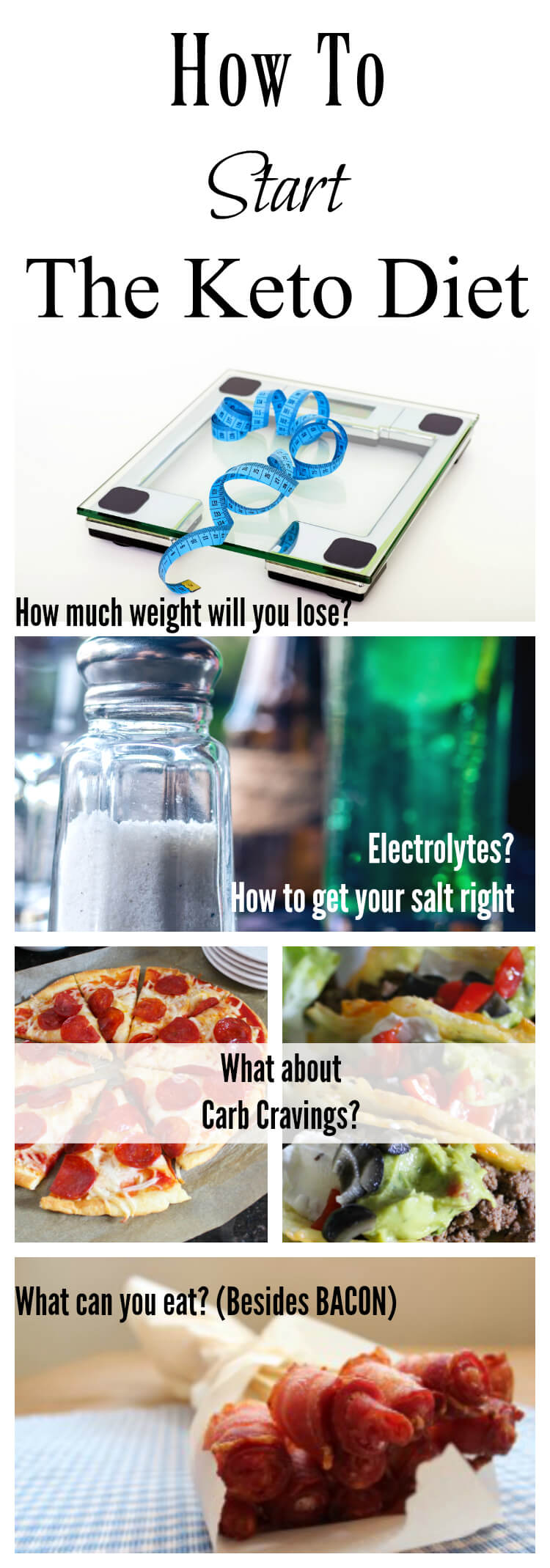
5 Delicious Keto FatBombs

Sign up to get my 5 Best Keto Fatbomb Recipes sent right to your inbox! Plus a bonus pizza recipe :)


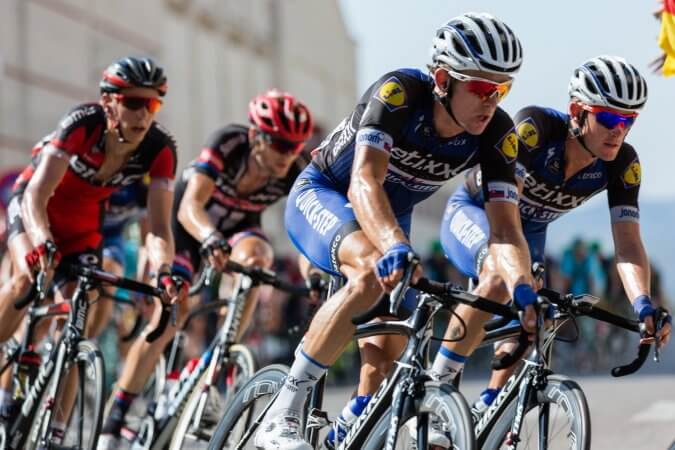
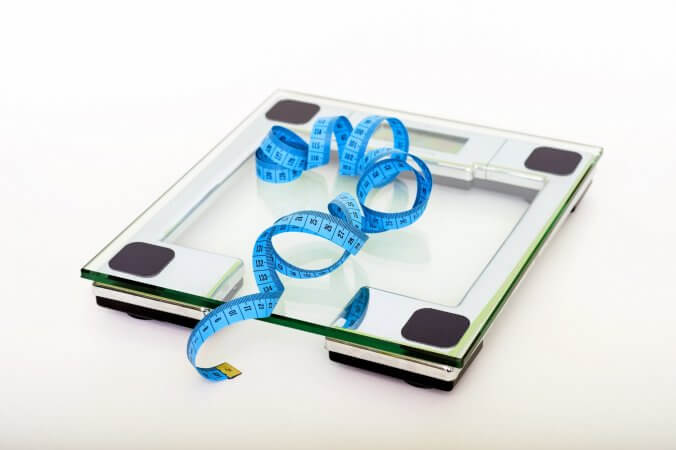
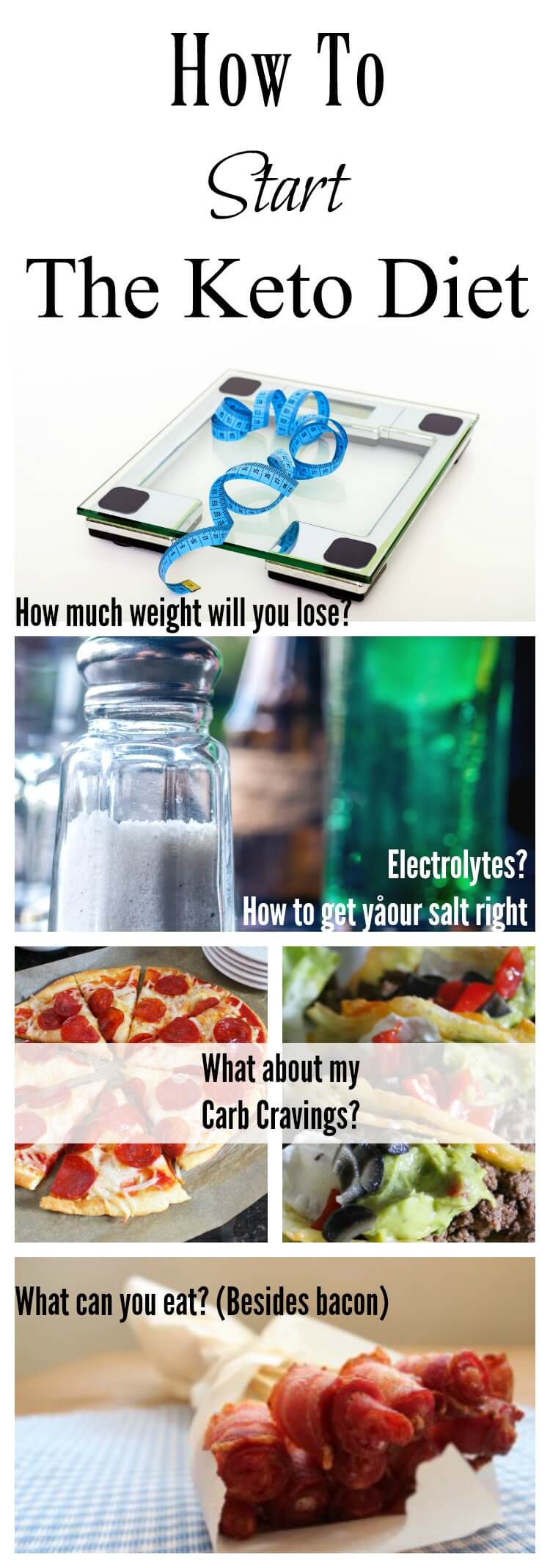


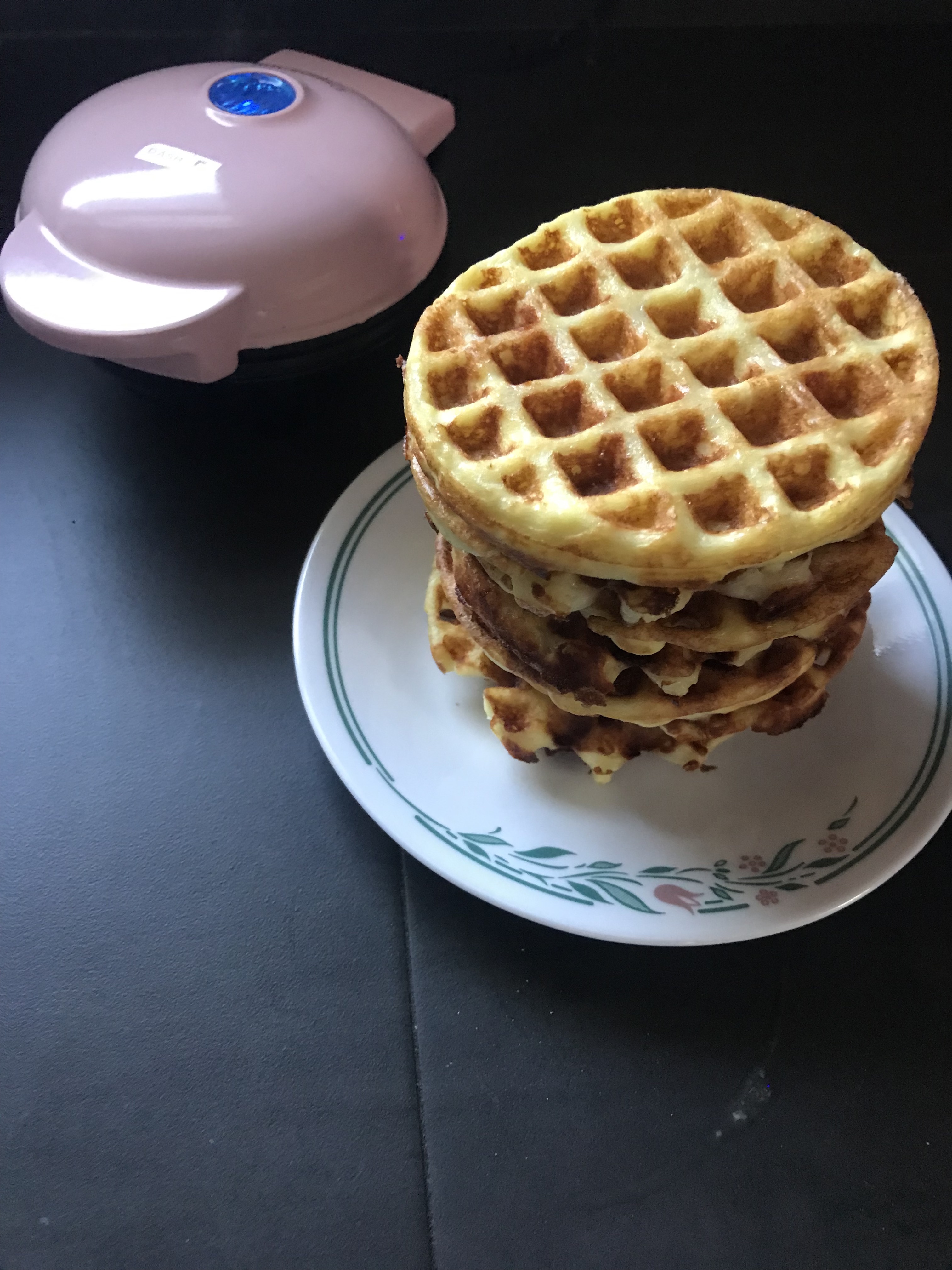
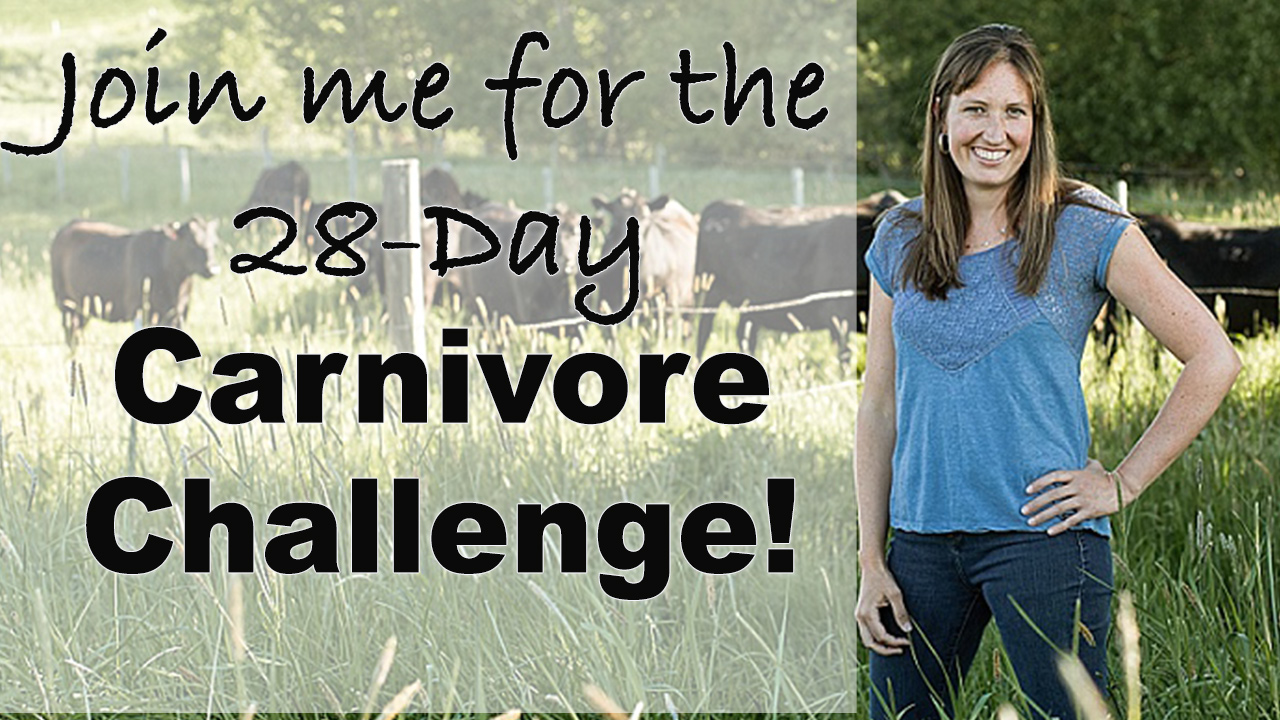
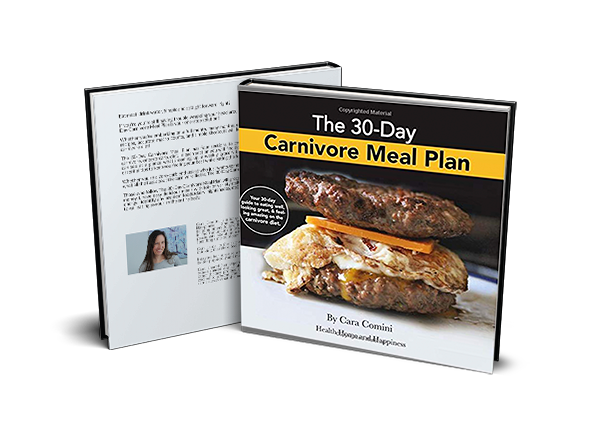

Thanks, Cara. This is helpful information. Easy to understand too.
I’m happy to help Julie! Thanks for reading :)
Cara, do you have any recommendations for cramping on Keto? Magnesium chloride seems to upset my stomach and I do take plenty of salts lite-pink Himalayan. Keto chow and other electrolytes don’t seem to help; I am at the verge of giving up due to the cramps during work outs.
Kind Regards,
Is there a keto gaps version diet with recipes for those who need gaps but has diabetes, thanks tj
This article is an excellent guide for beginners interested in starting the ketogenic diet. The step-by-step instructions and explanations make it easy to understand and implement. I particularly appreciate the detailed breakdown of what foods are allowed on the keto diet, which helps in meal planning and grocery shopping. The article also emphasizes the importance of monitoring macronutrient intake and staying hydrated. It’s a comprehensive resource that addresses common concerns and provides practical tips for success. Whether you’re new to keto or considering giving it a try, this article offers valuable insights to kickstart your journey towards a healthier lifestyle.